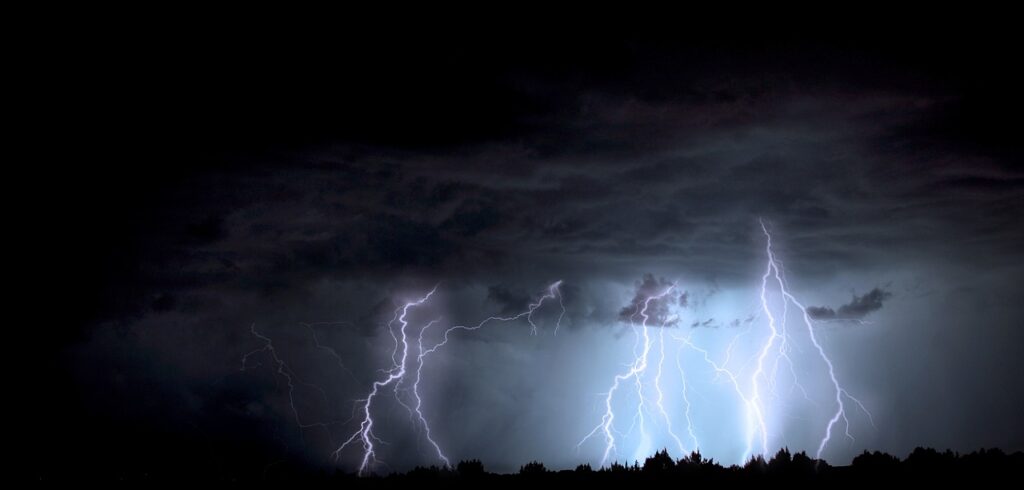The Way The Weather Affects How Well Your WiFi Works
It has become more important than ever to always have a stable internet connection and thus, vital to learn how weather affects Wifi.
This article is more than 2 years old

WiFi is a crucial part of a home, a business, or a store. But many factors can affect how well the connection is from your modem. Weather is one of those elements that can complicate a WiFi connection. Here are some of the ways how weather affects WiFi in the home.
Natural occurrences in the weather can interfere with your internet service. Heavy rain, extremely fast wind speeds, and cloud coverage can create barriers between you and getting the connection you need. 5G internet is less concerned with how weather affects WiFi, but if you have a satellite dish, you are more vulnerable to weather-related interruptions. 5G home internet plans and fixed wireless are better for cities and states with more consistent rain and cloudiness or experiencing hurricanes.
Cable and fiber internet are also very reliable regarding how weather affects WiFi. Extreme rain and extensive cloud coverage won’t usually interfere with your connection using fiber optic internet providers. But, something like a tornado or hurricane that cuts out electricity could definitely stop your WiFi connection. Depending on what weather patterns are more consistent in your area, you can find a suitable modem and internet provider that’s the best fit.
If you live in an area affected by regular downpours and heavy winds, having a satellite dish will not do you any good. Because the satellite dish is perched outside the home and on the roof, it’s vulnerable to chaotic weather patterns. Even more customary storms could interfere with your internet connection. If the city or state you live in has these kinds of issues, it’s probably best to switch to an internet service that’s more reliable. How weather affects WiFi in your area will determine the right plan and product for you to purchase.
Satellite dishes can be troublesome for their vulnerable position and signal distribution. These dishes need to send out signals to the satellites in space, which are 22 thousand miles or more above the Earth’s surface. The vast amount these waves need to travel to get to space and back makes these easy to interfere with. Thick fog and substantial rain could interrupt an internet connection easily. Snowy weather affects WiFi from a satellite, too, if its weight piles up too heavily on the external dish. A satellite-based internet provider will be relatively reliable if you have less frequent weather issues.
How weather affects WiFi in your vicinity is a great reason to stay away from satellite dishes or anything easily obstructed by rain and wind. If you live in areas with sporadic snow and sleet, then switching to fixed wireless or 5G internet will be your best bet. But, these types of WiFi services aren’t entirely infallible. Extremely long downpours could affect the signals between your modem and a cellular tower. Though these signals have far less to travel than a satellite dish, extensive, persistent rain can still interfere with a stable connection.
Many don’t think about how weather affects WiFi in this modern age. But understanding the climate of your area will help you purchase the correct type of internet service provider.



